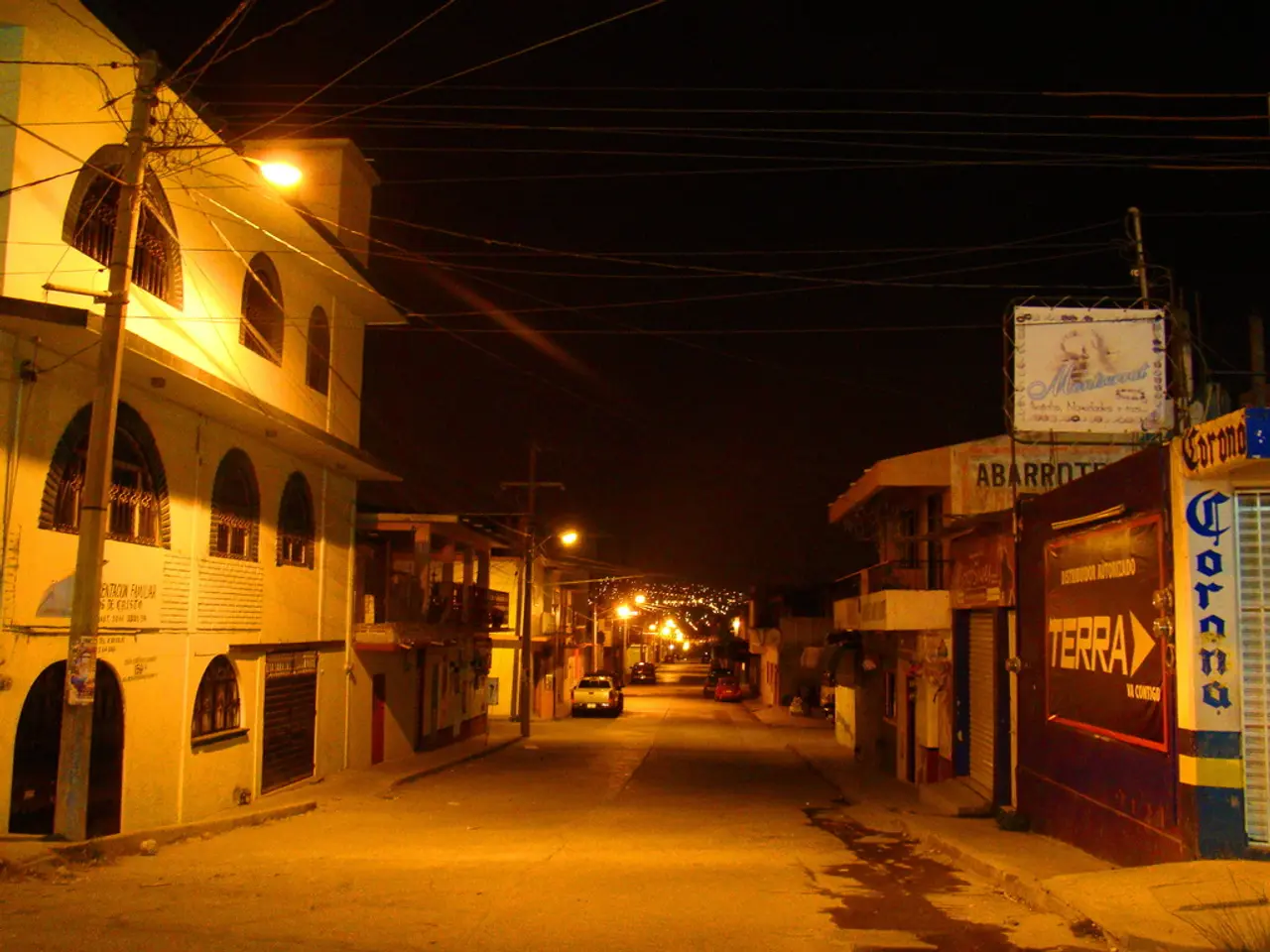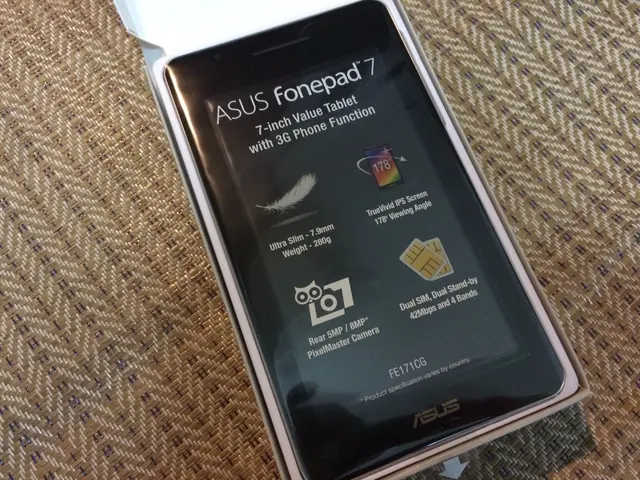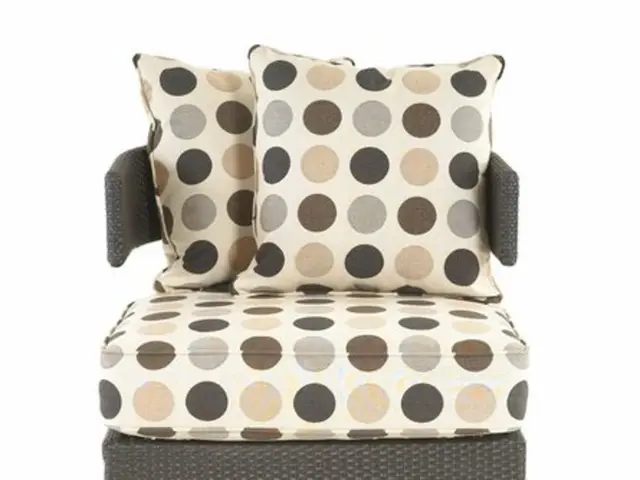Comprehensive Guide to Motorhome Inverters: Essential Facts to Understand
For those seeking the freedom of wild camping and staying off-grid, a reliable inverter is an essential addition to any motorhome or campervan. Here's a guide to help you choose the perfect inverter for your needs.
When selecting the best size inverter for your motorhome, several key factors need to be considered.
**1. Total Wattage of Appliances:** Calculate the combined wattage of all the appliances you intend to run simultaneously. This includes both the continuous running wattage and the surge wattage (the extra power needed to start appliances, often about twice the running wattage). For example, microwaves and fridges typically have significant surge requirements.
**2. Simultaneous Usage:** Determine how many appliances will operate at the same time since inverters only need to handle the total load being drawn concurrently, not all devices combined. Most full-time motorhome users need inverters in the 2000-3000 watt range unless they have an unusually high number of devices running simultaneously.
**3. Safety Margin:** Add about 20% extra capacity to your total surge wattage to ensure the inverter can comfortably handle startup surges and avoid overloads. For instance, if your surge wattage is 3600 watts, multiplying by 1.2 suggests a 4300-5000 watt inverter for sufficient headroom.
**4. Battery System Voltage:** The voltage of your battery bank significantly impacts inverter size options. Common systems are 12V, 24V, or 48V, with higher voltages allowing larger inverter capacities with greater efficiency and less heavy wiring. Typical maximum inverter recommendations are: - 12V: up to 5000 watts (but less efficient and requires heavy cables) - 24V: up to 10,000 watts - 48V: 20,000 watts or more Most RV and campervan setups use 12V batteries, but wiring in series to achieve 24V or 48V can enable bigger and more efficient inverters.
**5. Power Needs vs. Portability and Weight:** If you plan on solar charging or portable power use, consider the weight and capacity of your power source alongside the inverter size. Larger inverters require larger battery and power bank capacities. For camping, balance size and weight against your power needs.
**6. Specific Appliance Requirements:** Some appliances, especially air conditioners or large kitchen equipment, require high surge power and steady running watts. For example, most AC units need 1500 to 3000 watts or more, with higher starting surges. Small inverters (750 watts) are suitable only for basic electronics, lights, fans, and small devices like phone chargers or a small blender.
In summary, to choose the right inverter size for a motorhome or campervan, calculate the total wattage of the appliances used simultaneously (accounting for surge wattage), add a 20% safety margin, consider your battery voltage system for compatibility and efficiency, and factor in portability and your specific appliance needs to ensure reliable power without overspending on an unnecessarily large inverter.
The author, a seasoned off-grid motorhome user, offers some practical tips. For instance, only use the inverter from sockets in the hab area which are powered from your leisure battery. It's also recommended to disconnect the negative first and attach the negative last when fitting an inverter. Using lots of fuses as safety breakers is advised when fitting an inverter.
The author warns against buying inverters online, as many overseas places may claim their devices are pure-sine when they are not. The author also advises avoiding inverters that are not 100% efficient to prevent draining the leisure battery quickly.
When it comes to the author's personal experience, the main reason for needing an inverter is for motorhome wild camping and staying off-grid. The author's first inverter was 300w, and the new one is 2000w, a significant upgrade to power devices like laptops, drones, and Ecoflow power stations.
For those looking for recommendations, the author provides links for various power capable inverters: EDECOA 2000w Pro Power Inverter, EDECOA 3000w Pro Power Inverter, and EDECOA Pure Sine Wave Power Inverter 1000W DC 12V. Always ensure to choose a high-quality, reliable inverter to ensure a safe and enjoyable off-grid camping experience.
When considering the integration of smart-home devices and gadgets in an off-grid motorhome setup, it's important to factor in their power requirements when selecting an inverter.For instance, many smart devices have specific voltage and wattage needs that should be taken into account while choosing an inverter for simultaneous use. A reliable inverter is essential for powering such devices during wild camping, ensuring a smart and connected off-grid experience.







